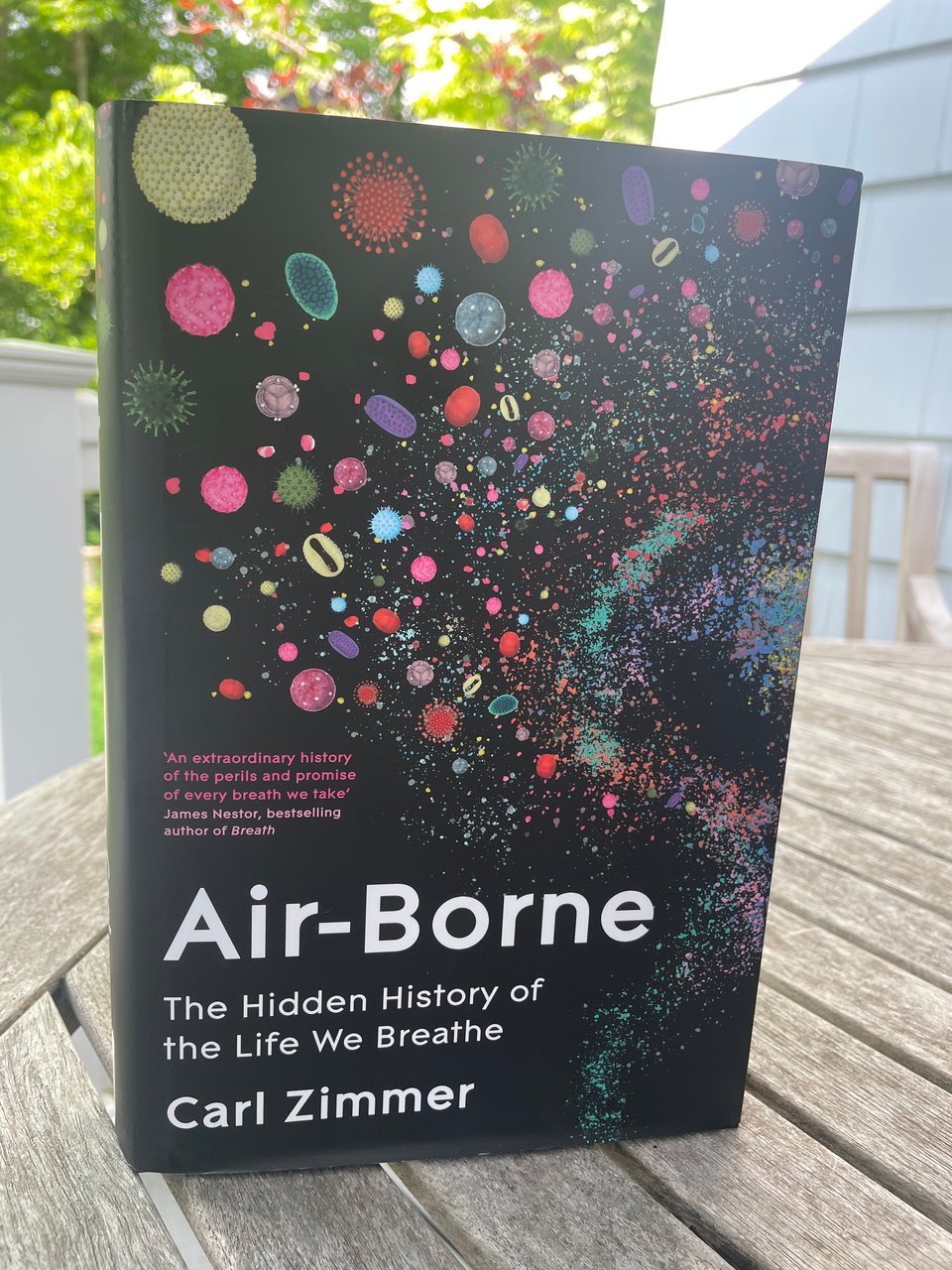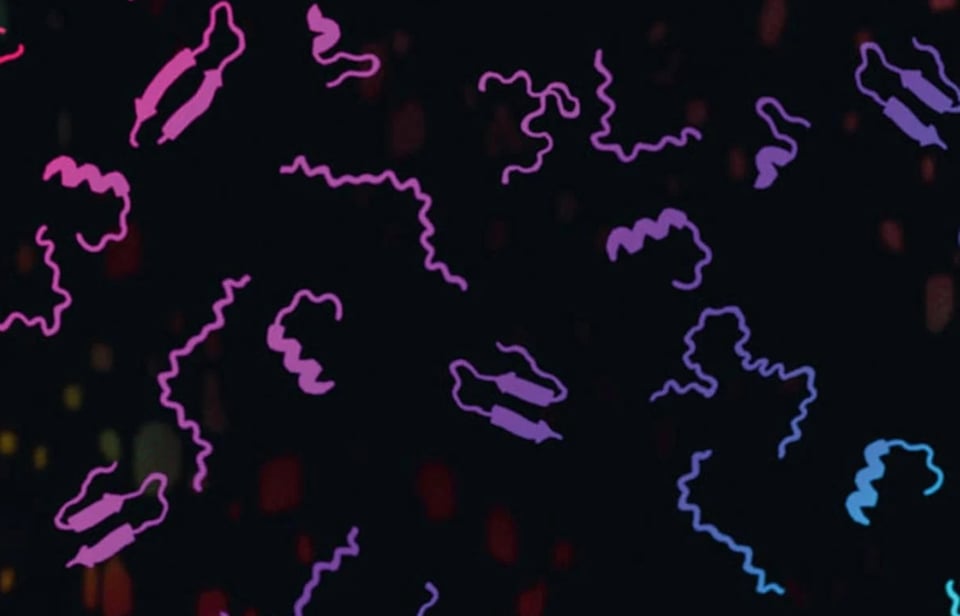
From climate change to vaccines, the United States government is making false statements about science—and basing new policies on those falsehoods.
Before I get to the latest update on that front, let me ease in with some cheerier stuff: things I’ve been working on recently that I’m eager to share.
“The Future of Aging” Continues
Since my last update, two more episodes of my podcast have dropped.
In Episode 3, I talk to psychologists and neuroscientists who challenge the common notion that old age brings with it an inevitable cognitive decline. My guests offer a happier view of aging, featuring wisdom and a surprising capacity to keep learning. [Apple, Spotify]
Nothing we talk about in Episode 3 diminishes the real threats faced by our aging brains. In Episode 4, I take a look at one of the biggest: Alzheimer’s disease. Scientists have learned a lot about Alzheimer’s in recent years, but the few drugs that are currently approved for it are hugely controversial, with unclear benefits, worrisome risks, and massive price tags. I take a look at how the past century of Alzheimer’s research has left us in this frustrating place. [Apple, Spotify]
Three more episodes to come, dropping each Tuesday! Here’s the podcast site for more information.

Eating the Clouds
AIR-BORNE just came out in the UK, courtesy of Picador. To celebrate, I published an essay in BBC Future on the remarkable discovery that clouds are full of life—life that may be feeding on the clouds and spurring them to rain.
In New Scientist, I wrote another essay about tuberculosis. I find it both scary and fascinating that an ordinary soil microbe became a devastating pathogen, killing over a million people a year. As I explain in my essay, one of the keys to the success of Mycobacterium tuberculosis was its transformation from a soil-dweller into an organisms that can fly without wings. [Subscribers only, I’m afraid.]

The Hidden Universe of Proteins
Sometimes I come across research that demonstrates just how much we have left to learn—including about things we thought we had already figured out.
For example, how many proteins are in the human body? Excellent question! At least 20,000. But maybe 30,000? Maybe more?
Scientists are still chasing down proteins, and not just in our own cells. Even tiny viruses like influenza make some proteins that are only now coming to light.
I wrote about this hidden molecular universe and what it means for the future of medicine in this week’s “Origins” column for the New York Times.
“Scientific expertise is no longer of use”
And now for something completely different: the continuing upheavals in American science and medicine.
—The Trump administration is hollowing out the US public health system, leaving it a shadow of its former self, the Associated Press reports. Brace yourself.
—Secretary of Health and Human Services Robert Kennedy summarily fired all 17 of the CDC’s vaccine advisors along with the career officials who oversee the Advisory Committee on Immunization Practices.
The American Academy of Pediatrics issued a scathing condemnation of the move: “We are witnessing an escalating effort by the Administration to silence independent medical expertise and stoke distrust in lifesaving vaccines.”
When infectious disease expert Helen Chu learned Kennedy had fired her and the rest of ACIP, she was shocked, as she told Helen Branswell of Stat News:
To disband what is often considered an international gold standard for vaccine policy, and to disband it in this way is just sending a very clear message to the rest of the world. And also sending a clear message to Americans that scientific expertise is no longer of use for making vaccine policy.
—A few days later, Kennedy announced a new slate of ACIP members. They include paid experts in lawsuits against Merck over its MMR and HPV vaccines. They include someone who claimed that ivermectin cures Covid. (It doesn’t.) One expert interviewed by Sheryl Gay Stolberg of the New York Times described some of the new members as “Covid-19 deniers, skeptics and outright anti-vaccine individuals.”
It usually takes years for scientists to become voting members of ACIP. They serve first on working groups. They get reviewed for their expertise and vetted for conflicts of interest. It’s not clear what sort of review the new members went through.
ACIP’s next meeting is in two weeks. It’s hard to imagine how the new members are going to get up to speed on the massive amount of information concerning the vaccines they will be considering. And on his Substack, physician Jeremy Faust points to clues that Kennedy may have them reconsider ACIP’s previous votes in favor of vaccines for RSV and meningococcus.
—Does it sound like Kennedy is going after vaccines in general? Well, listen to Kennedy himself in an interview on Fox News, where he insinuates that childhood vaccines in general may be responsible for chronic diseases.
—As I wrote in my last newsletter, Kennedy recently removed his agency’s recommendation that pregnant women get Covid vaccines. Politico reports he’s now trying to justify this move by circulating a document that cites studies on the vaccine’s effects on pregnant women. Problem is, those studies actually conclude that the vaccine is safe for pregnant women.
—In an open letter, NIH staff members protested new actions by the agency, such as cutting off contracts with foreign partners and blocking research on topics such as Covid and sexuality, and climate change. The signatories also challenged the administration’s claim that their indiscriminate cuts are eliminating waste. “Ending a $5 million research study when it is 80% complete does not save $1 million,” they wrote. “It wastes $4 million.”
—To get a sense of the sheer scope of cuts at NIH, here is a visualization from the New York Times of the 2500 grants terminated so far.
“I would like to cure brain cancer,” one scientist whose grant was cancelled told the Times. “I think that's not particularly controversial.”
—This pattern extends far beyond medicine. For example, the Trump administration is also continuing to obliterate governmental efforts to slow down climate change, denying the science along the way. Eliminating limits on greenhouse gases emitted by power plants, the E.P.A. director brushed off concerns about an overheated planet as a “cult.”
Meanwhile, climate.gov, the main government website for information about climate change, is reportedly about to be shut down. Stopping science can do great harm. So can silencing science.
Stay safe!
You just read issue #192 of Friday's Elk. You can also browse the full archives of this newsletter.